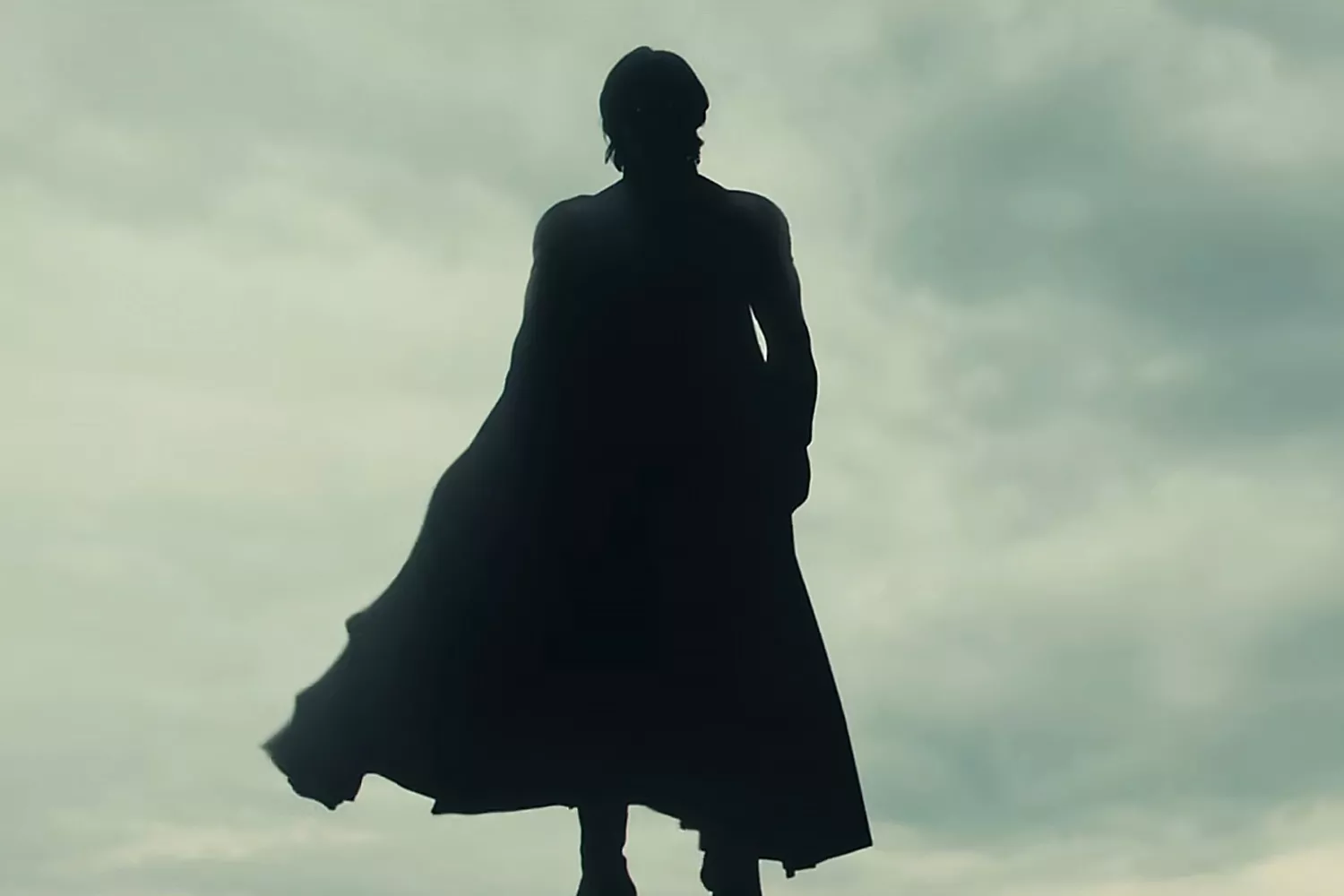The Legacy of Black Widow: Taskmaster's Fate and the Future of Marvel's Antiheroes
Black Widow has left a profound mark on the Marvel Cinematic Universe (MCU), both as a character and as a catalyst for new stories. With the recent release of Thunderbolts*, fans are met with a shocking twist: Taskmaster’s sudden demise. This article unpacks the enduring legacy of Black Widow, Taskmaster’s journey, and the impact of recent Marvel developments.

Taskmaster returns after the events of Black Widow, but her fate takes a dramatic turn in Thunderbolts (image credit: Marvel Studios).*
Black Widow: A Catalyst for Redemption and Tragedy
Natasha Romanoff, widely known as Black Widow, changed the game for Marvel's heroes and antiheroes alike. In Black Widow (2021), her struggle to free herself—and countless others—from the Red Room set major story arcs in motion. One of those arcs belonged to Antonia Dreykov, better known as Taskmaster. After Natasha destroyed the Red Room and liberated Antonia, viewers witnessed a powerful redemption theme that continues to echo throughout the MCU.
Taskmaster: From Liberation to Tragedy in Thunderbolts*
Taskmaster’s path in the MCU is unique. Introduced as a mind-controlled villain in Black Widow, Antonia was transformed by the events Natasha set in motion. But freedom didn’t bring peace. Instead, Taskmaster joined the ranks of Valentina Allegra de Fontaine’s operatives, seeking her purpose among antiheroes.
In Thunderbolts*, her story takes a dark twist. Director Jake Schreier explained Taskmaster’s fate, revealing why her cold-blooded death was added late in development. The shocking moment arrives when Ghost shoots Taskmaster in the head during a chaotic standoff, a scene that left audiences stunned. According to Entertainment Weekly, the creative team wanted to remind viewers that none of Marvel’s characters are safe.
"For who these characters are, it should live up to those movies that have tension, where you really don't know who's going to survive," Schreier shared in the interview (read more).
Further analysis from Yahoo Entertainment highlights how Taskmaster's death wasn’t just a plot point. It became a catalyst for Ghost’s redemption and added emotional depth to the team’s dynamic. Taskmaster didn't even get to face the main antagonist—she was a pawn in Valentina's deadly trap. The Red Room may be gone, but the legacy of manipulation endures.
The MCU's Handling of Villains and Redemption
Not every MCU villain receives a true redemption arc. Critics have often pointed out how some antagonists are used as disposable plot devices. In this case, Gizmodo argues that Taskmaster’s demise was both obvious and disappointing. Despite her fascinating backstory as the daughter of General Dreykov and her photographic reflexes, Antonia was denied a meaningful second chance. Instead, she served as a reminder of the consequences that come from a life in the shadows.
The tragic end of Taskmaster underscores the ongoing debate within Marvel storytelling: Should every antihero or villain get their shot at redemption, or does the unpredictability of outcomes keep the MCU compelling?
What Lies Ahead for Marvel's Antiheroes?
The themes set in motion by Black Widow will continue to influence the MCU’s evolving roster of antiheroes. Natasha Romanoff’s journey altered the fates of many—especially those caught in webs of manipulation and violence. Taskmaster’s fate in Thunderbolts* stands as both a tribute and a warning: even the most skilled fighters shaped by Black Widow’s actions can meet a sudden end.
For a deeper dive into the film’s aftermath and the moral complexity of Marvel’s latest stories, check out Thunderbolts* director Jake Schreier’s perspective and what really happened to Taskmaster.
Conclusion: The Lasting Impact of Black Widow
Black Widow reshaped the MCU, not only through Natasha’s heroism but also through the ongoing struggles of those she freed. Taskmaster’s tragic ending in Thunderbolts* is a stark reminder that outcomes in this universe are never guaranteed. As Marvel’s antiheroes continue to search for redemption, fans will keep debating whether justice—and forgiveness—are truly possible for characters marked by their dark pasts.